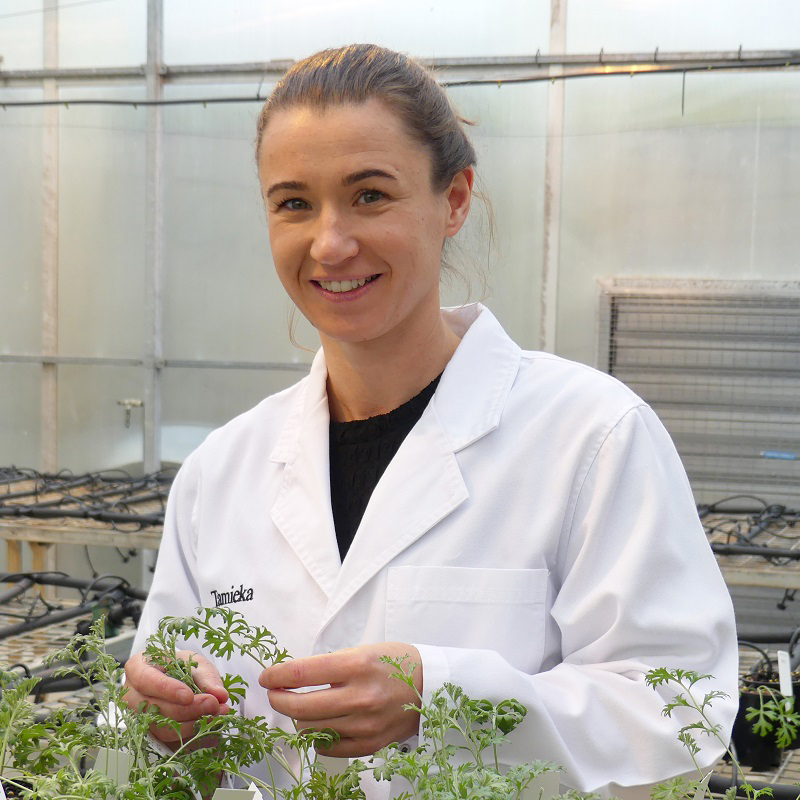One of the notable and welcome changes over the past 60 years has been the steady increase in the number of women electing to study and work in agricultural science.
Graduation photographs from the early years of Agricultural Science at the University of Tasmania show a male-dominated student cohort. Nowadays, the student population is much more diverse, and data provided by the University of Tasmania shows a significant increase in female participation in agriculture, environment, and related courses over the past 30 years.
In 1991, agriculture, environment and related courses attracted 35% more males than females. This figure has changed dramatically and in 2023 female students make up just over half of the student cohort.
TIA supports a diverse student and staff cohort. We are proud to have an active Inclusion, Diversity and Equity (IDE) working group that promotes a culture that values and supports diversity among our staff, students and stakeholders.
We recognise that increasing diverse and inclusive engagement in science, technology, engineering and mathematics (STEM) will benefit our agricultural industries and the economies and workforces that underpin them.
Dr Tamieka Pearce
Tamieka is a Research Fellow at the Tasmanian Institute of Agriculture (TIA) specialising in genetics and molecular plant pathology. She is also a mum to two young boys, Austin and Harvie, and together with her husband, Lachy, runs a cattle stud from their family farm at South Riana.
A self-confessed ‘science nerd’, Tamieka has always had her sights on a career in the fields of science, technology, engineering and mathematics and medicine (STEMM).
After considering other branches of science, Tamieka studied Agricultural Science with Honours (plus units in biotechnology and genetics) at the University of Tasmania. She chose agriculture after discovering the breadth of career opportunities in the industry, the opportunities to apply science to achieve tangible outcomes, and the number and variety of jobs available.
It was a defining decision in her life and one that she has not looked back from.
“My hope was always to come back to the North-West Coast [after finishing university] for a job in an industry that I see as really important. I believe that research needs to have impact and not just be done for the sake of it,” she said.
Tamieka returned home to the North-West Coast to study her honours project on pyrethrum, under the supervision of TIA Plant Pathologist Dr Jason Scott. She then briefly worked at Tasmanian Alkaloids before commencing a PhD project to better understand and help growers to manage tan spot, a disease which was an emerging threat to the pyrethrum industry at the time.
Throughout her PhD, Tamieka developed a good relationship with Botanical Resources Australia (BRA) that has led to further funding and research projects. Ten years later, Tamieka has established herself as a respected early-career-researcher in her field and continues to conduct important and research to support the pyrethrum industry’s productivity.
In 2023 she was awarded an Australian Research Council (ARC) Early Career Industry Fellowship worth almost $500,000 and $250,000 through the Tasmanian Government’s Agricultural Development Fund for a second collaborative research project with BRA.
Tamieka’s advice to women considering a career in agricultural science is to get out there and give it a try.
“Until you try something you don’t really know if you will enjoy it. Get in contact with someone working in the industry and organise to have a day in the lab or out on a farm,” she said.
“Science is versatile and there are so many options for where you can go.”



